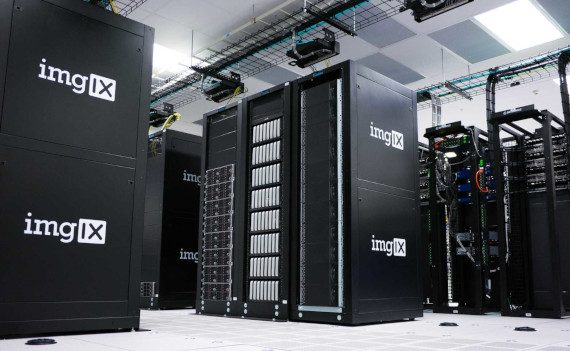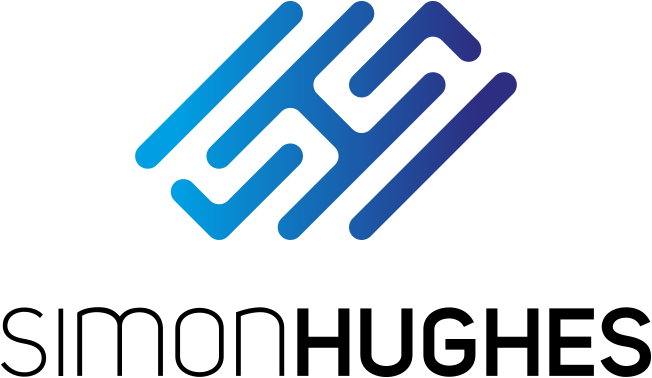Blog Post
Cloud-Watch - Azure Databases
by: Simon Hughes
date: Wednesday, May 29, 2019
category:
cloud-watch
cloud
azure
database
Within the Azure platform it is possible to run almost any database platform available. But what if you want to embrace serverless on the Azure platform, and let Microsoft run everything for you. Lets explore the options that are available.

Using the latest managed platforms on Azure leaves you and your team free to spend more time delivering business value, and spend less time administering servers, databases, and performing trivial duties. Less really is more. Within Microsoft Azure there are a growing number of database platforms that are available as a fully managed service, in no particular order they are:
Azure Cosmos DB
Azure Cosmos DB is a fully managed database service which supports true global scale. It supports automatic and elastic scaling worldwide, and has an amazing 99.999% availability. As a database platform is supports a number of existing APIs including SQL, MongoDB, Cassandra, Gremlin, and Apache Spark. If you have an application that is using any of these technologies and you are managing it yourself, then you are truly missing out.
Azure SQL Database
Azure has a number of solutions based on the Microsoft SQL Server platform. The basic option is a single managed SQL Database, which allows you to migrate an application using a single database without any application changes required. If you have a multi-tenant solution which requires multiple databases, then an Azure Elastic SQL Pool is one appealing solution. And if you want a data warehouse scale solution, then Azure Data Warehouse is the right technology to explore.
Azure Databases
If you need some more of the open source options, then again MS has you covered. We have an Azure Database for MySQL and an Azure Database for PostgreSQL. Plenty of applications written on the LAMP (Linux, Apache, MySQL & PHP) use MySQL and PostgreSQL, so the managed solution is a great option.
Azure Cache for Redis
Redis is a very high throughput, low latency solution which is regularly used across web applications where data needs to be cached. Typically building a Redis cluster is hard to do, and yet another piece of infrastructure to support and maintain. A fully managed option using Azure Cache is well worth considering.
Azure Table Storage
NoSQL databases are the latest evolution of databases. They are typically used to store semi-structured data that needs to be highly available. They typically are used to stored objects (JSON) and therefore have a very flexible schema. Azure table storage is highly available, and allows storage of petabytes of data, this truly is a global scale solution.
This is just a brief run through of all the options that are available within the Azure ecosystem. As with all things it might seem there is an obvious solution to your needs, but it really is worth spending the time to fully evaluate the options as there will always be a couple of the solutions which will meet your needs, and its worth exploring them all, as they have unique features, and costs associated with them.
I ensure I look across the businesses I work with to ensure they deliver on the right technology platforms, that includes software and cloud hosting where appropriate. To find out how I can help you, feel free to contact me, pick up the phone or drop me an email.
Related Blog Posts

06 May
Cloud-Watch - Serverless
Following on from the post about all the vendors in the cloud space, this time I thought I should focus on serverless. Generally all cloud vendors support 2 different options, specifically Infrastructure as a Service (IaaS) and Platform as a Service (PaaS). Serverless is essentially the new PaaS. So what is serverless?
Read More
01 Mar
Cloud-Watch - Cloud Vendors
For the first in the Cloud Watch series, I thought i would share a quick summary of the major cloud vendors at the moment, and highlight their key technologies and strengths. This is something I work through with each of my clients when I onboard then, to ensure we are building our platforms in the right place. There is no default answer here, every business needs to be evaluated based on its requirements.
Read More
09 Jan
What is Cloud-Watch
In order to bring a little more regularity to my blogging, and structure things a bit more I decided to introduce 3 new areas to my blog, Client Watch, Cloud Watch and Technology Watch.
Read More